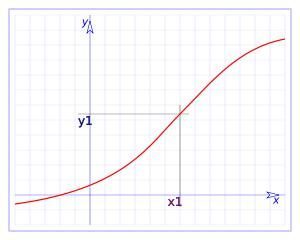 We say that a person is skeptical when he tends to doubt the truth of something. Their attitude tends to obey a way of being, according to which it is not reasonable to accept something as true without sufficient evidence and even with sufficient data and elements, the skeptic can maintain his misgivings about the truth. This attitude is more than an inclination of temperament, since there is an intellectual and philosophical current based on doubt, skepticism.
We say that a person is skeptical when he tends to doubt the truth of something. Their attitude tends to obey a way of being, according to which it is not reasonable to accept something as true without sufficient evidence and even with sufficient data and elements, the skeptic can maintain his misgivings about the truth. This attitude is more than an inclination of temperament, since there is an intellectual and philosophical current based on doubt, skepticism.
Considerations on skepticism as a philosophical approach
Etymologically skeptical comes from the Greek and literally means to examine carefully. As a general approach, we start from an idea: there is no absolute knowledge about anything. Consequently, it is not possible to keep any criteria as final and safe. This consideration was upheld by some Greek philosophers of the ancient world, particularly Pyrrho. There were also criticisms of the skeptical position, as it was stated that it is a contradictory idea: if we cannot be sure of anything, we are already sure of something, that is, we are not sure.
In the history of philosophy there are two great currents, one dogmatic and the other skeptical. While dogmatism seeks rational certainty about some aspect of reality, skepticism appears as an opposite movement. Somehow the skeptical thinker tries to question the overconfidence of reason or faith.
There are several examples of rivalry between the two positions in the history of thought: a Plato who defends the truth against some sophists who question it or rationalism based on solid principles of reason faced with empiricism with a skeptical spirit.
Skeptics often defend the following argument: if there were firm and sure knowledge, there would be no changes in the content of the knowledge. In other words, the transformation of knowledge is proof that there is no definitive knowledge. Consequently, skepticism doubts the very idea of truth. Faced with this argument, non-skeptics argue the opposite: the change in knowledge obeys the permanent search for the truth, so there is a truth.
Some thinkers have stressed the positive side of skepticism, considering it a movement that serves as a brake on any form of ideological fanaticism. On the other hand, others maintain that the attitude of permanent doubt is intellectually pernicious, since it is humanly convenient to believe in something and have firm convictions, otherwise we become individuals immersed in doubt and inaction.
Photo: iStock - shvili









